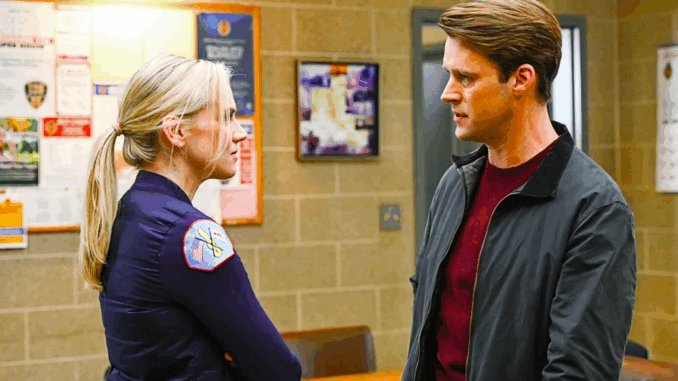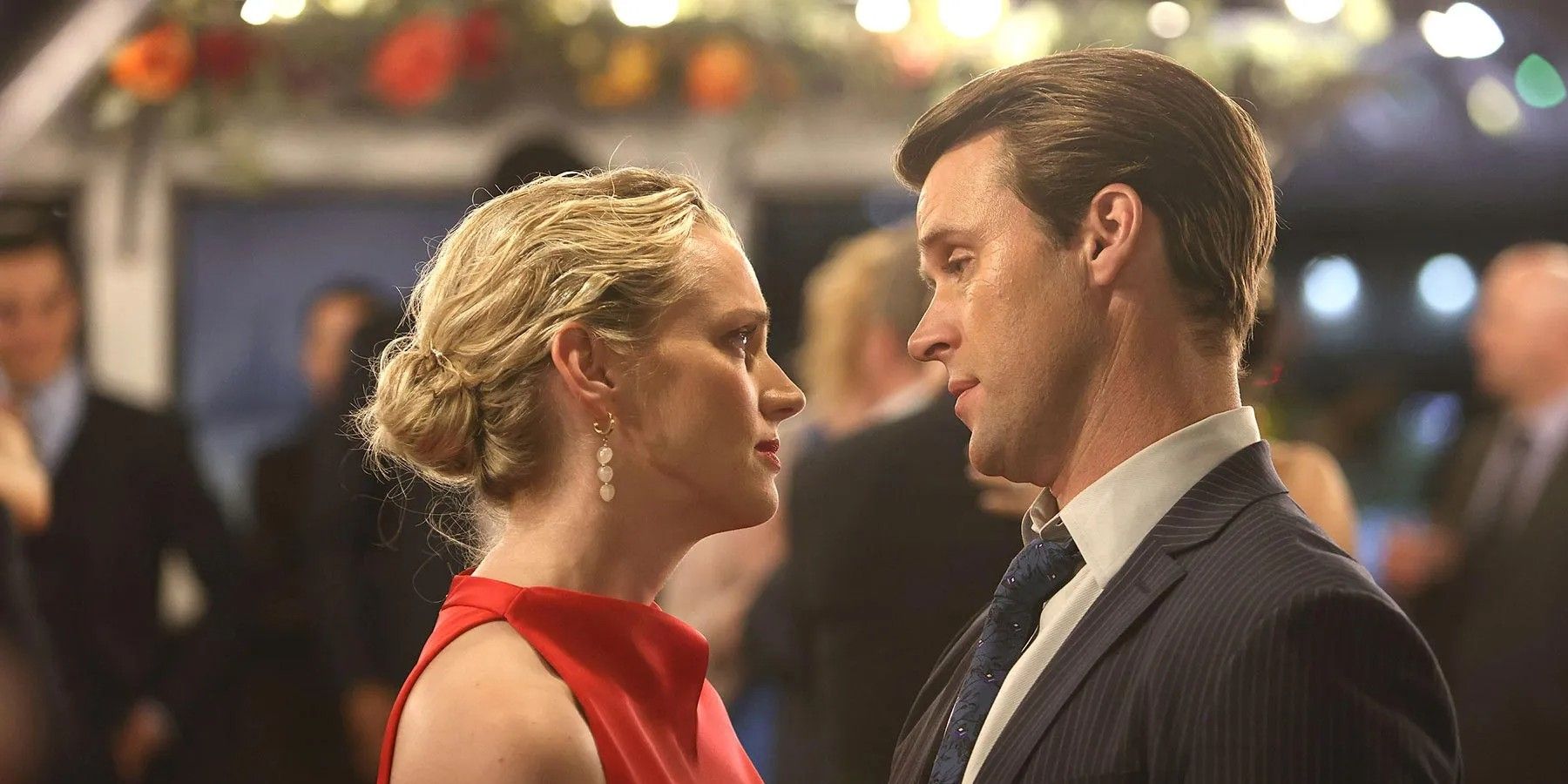
When Chicago Fire returned for its fourteenth season, one thing was immediately clear: Firehouse 51 was entering uncharted emotional territory. With the absence of Matthew Casey, a foundational member of the team, the firehouse felt different — quieter in some moments, and more uncertain in others. But where there is uncertainty, there is also the potential for renewal.
For more than a decade, Jesse Spencer’s portrayal of Casey gave the series a steady emotional rhythm. He wasn’t the loudest presence, but he was often the moral anchor — the kind of leader who didn’t just give orders, but inspired trust. So when he made the decision to move to Portland and start a new chapter with Sylvie Brett, it left a vacuum both narratively and emotionally. Season 14 is all about filling that void, not by replacing him, but by evolving without him.
Picking Up the Pieces
In the opening episodes of the new season, Chicago Fire wastes no time confronting Casey’s departure head-on. There’s no attempt to brush it under the rug. Severide, Boden, Kidd, and even the younger firefighters like Gallo and Ritter must re-calibrate in his absence. Some respond with quiet strength. Others wrestle with loss more visibly. But what remains consistent is the unspoken agreement among the team: the show must go on, and so must the mission.
Kelly Severide steps into a more emotionally visible role this season. Long known for his action-first, talk-later personality, Severide is finally starting to show the emotional weight of the leadership mantle. With his longtime best friend gone, Severide is learning to lean into vulnerability — especially in his relationship with Stella Kidd, who herself has grown immensely into her position of power.
Stella Kidd: At the Center of the Firehouse

One of the most significant arcs this season belongs to Stella Kidd. No longer in Casey’s shadow, she’s forging her own identity as a commanding presence at 51. Her leadership isn’t perfect, but it’s real — marked by a mix of guts, compassion, and hesitation that reflects the pressures of her position.
Her mentorship of Violet Mikami and her interactions with Carver show how she’s becoming the person others look to for guidance. She’s also become the moral balance to Severide, often tempering his instinctive decisions with strategic thinking. The chemistry between Stella and Severide has never been better, not just romantically but as colleagues who share the burden of leadership.
The Young Generation Stepping Up
With Casey and Brett both gone, it’s up to the next generation to shape the future of 51. Darren Ritter, Blake Gallo, and Violet Mikami aren’t rookies anymore — they’re emerging as the emotional core of the firehouse.
Ritter’s maturity is on full display this season. He’s no longer the uncertain kid of earlier seasons. After facing grief, trauma, and near-death experiences, he has become a quiet pillar of the team, offering stability in moments of chaos.
Gallo, meanwhile, is grappling with purpose. Without Casey to guide him, he’s questioning his role at 51, his career, and even his place in the larger CFD. These identity struggles add nuance to what was once a comic relief character, grounding him in something far more compelling.
And then there’s Violet. Still reeling from Hawkins’s death, she’s finding new strength not just as a paramedic, but as a woman who has endured profound personal loss. Her dynamic with newcomer Paramedic Robinson is layered and evolving, offering glimpses of the new support systems forming within 51.
Chief Boden: The Soul of the Series
If Season 14 has a guiding force, it’s Chief Wallace Boden. Now more than ever, Boden is the glue that holds 51 together. His speeches carry weight, not just because of what he says, but because of how deeply he listens. In the absence of Casey and Brett, he steps up not by dominating but by nurturing.
He sees the change coming, and he welcomes it — slowly, cautiously, but firmly. His mentorship of Stella, his unwavering faith in Severide, and his quiet confidence in the young team members reflect the kind of leadership that builds legacies, not just teams.
Rebuilding, Not Replacing
What makes Season 14 of Chicago Fire so refreshing is that it doesn’t try to replace what’s been lost. Casey’s absence is felt, but it’s not mourned endlessly. Instead, the season leans into the reality of change — the kind that reshapes but doesn’t destroy.
The relationships are evolving. The hierarchy is shifting. And the audience, much like the characters, is learning that growth often comes not in spite of loss, but because of it.
The firehouse isn’t broken. It’s rebuilding itself, one shift, one call, and one dinner at Molly’s at a time.
A Season Defined by Resilience
Season 14 isn’t just about firefighting. It’s about identity, transition, and resilience. The writing has become more introspective, the performances more grounded. There’s a sense that Chicago Fire has matured, just like its characters.
And in the absence of one of its original stars, the show is proving what its characters have always known: family isn’t defined by who stays, but by who shows up — again and again, no matter how hot the flames.
Firehouse 51 is still standing. And Season 14 shows us exactly why it always will.